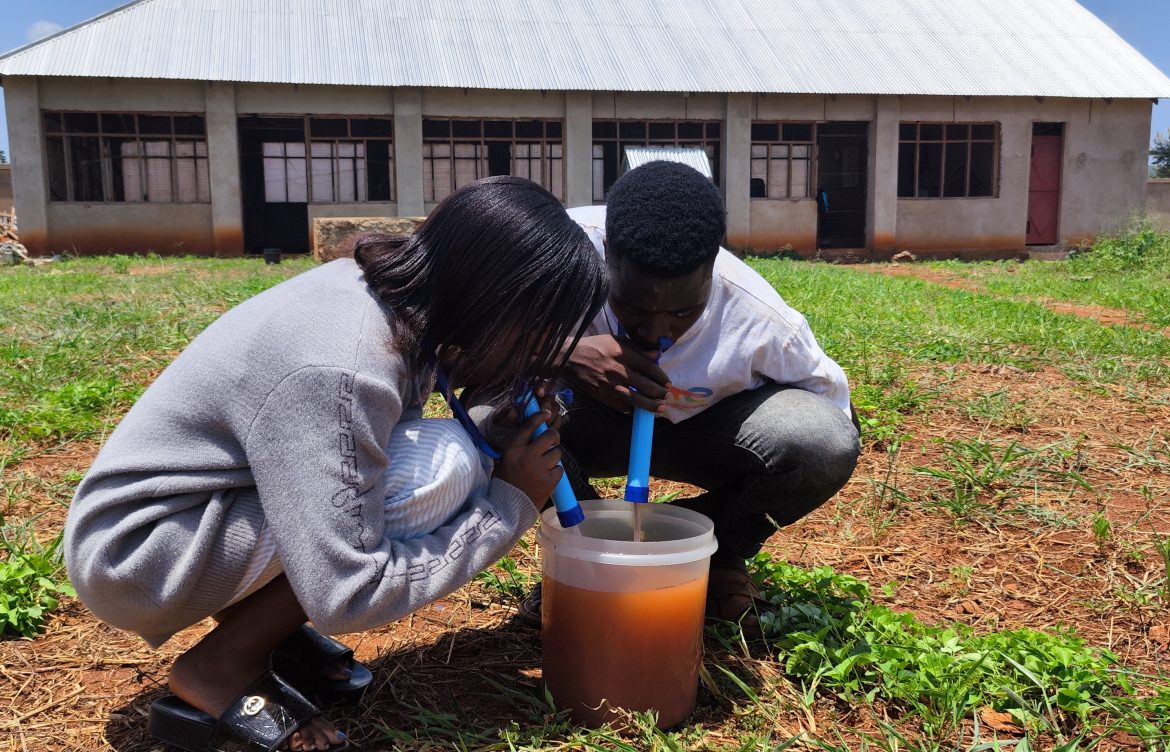
Empowering Rural Schools with Portable Water Filter Programs
Portable water filters offer a powerful solution for rural schools in Africa, but their impact can extend far beyond the classroom walls. Here’s how implementing portable water filter programs can create a ripple effect of positive change within the entire community.
Building Capacity and Knowledge:
The introduction of portable water filters presents a valuable opportunity to empower the school and surrounding community. Training teachers, school staff, and community leaders on filter operation and maintenance fosters a sense of ownership and builds local capacity for long-term water security. These individuals become champions for clean water, educating others on its importance and ensuring the filters are used effectively.
Promoting Hygiene Practices:
Access to clean water is just one piece of the puzzle. Handwashing with soap is critical for preventing the spread of waterborne illnesses. Portable water filter programs can be combined with hygiene education initiatives. This can involve teaching children proper handwashing techniques, providing access to soap and handwashing stations, and promoting positive hygiene behaviors throughout the school and community.
Fostering Community Partnerships:
Portable water filter programs often rely on partnerships between schools, NGOs, and local businesses. NGOs can provide expertise and funding, while local businesses can offer technical support, replacement parts, and training. These collaborations not only ensure the program’s success but also build stronger community bonds and encourage local ownership of the solution.
Creating Sustainable Practices:
Sustainability is key for long-term impact. Programs should explore options for locally available or refillable filter cartridges to reduce reliance on external resources. Additionally, exploring solar-powered disinfection systems can provide a sustainable solution for larger communities needing to serve more people.
Beyond the School Walls:
The benefits of clean water extend beyond the school. Children can take portable water filters home, providing their families with access to safe drinking water. This reduces the burden of waterborne illnesses on the entire community, leading to increased productivity and improved overall health. Additionally, the knowledge and hygiene practices learned at school can be shared with families, creating a lasting positive impact.
Measuring Success:
Monitoring and evaluation are crucial for ensuring the program’s effectiveness. Tracking metrics like school attendance rates, reported cases of waterborne illnesses, and community water usage can provide valuable insights. This data can be used to adjust the program as needed and demonstrate its positive impact on the community.
A Catalyst for Change:
Portable water filter programs are not just about providing clean water; they are catalysts for change. By empowering schools and communities, promoting hygiene practices, and fostering sustainable solutions, these programs create a ripple effect that improves health, education, and overall well-being for generations to come. Investing in clean water for rural schools is an investment in the future – a future where every child has the opportunity to thrive.

